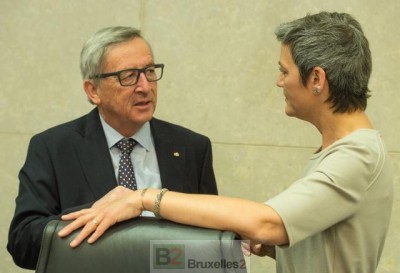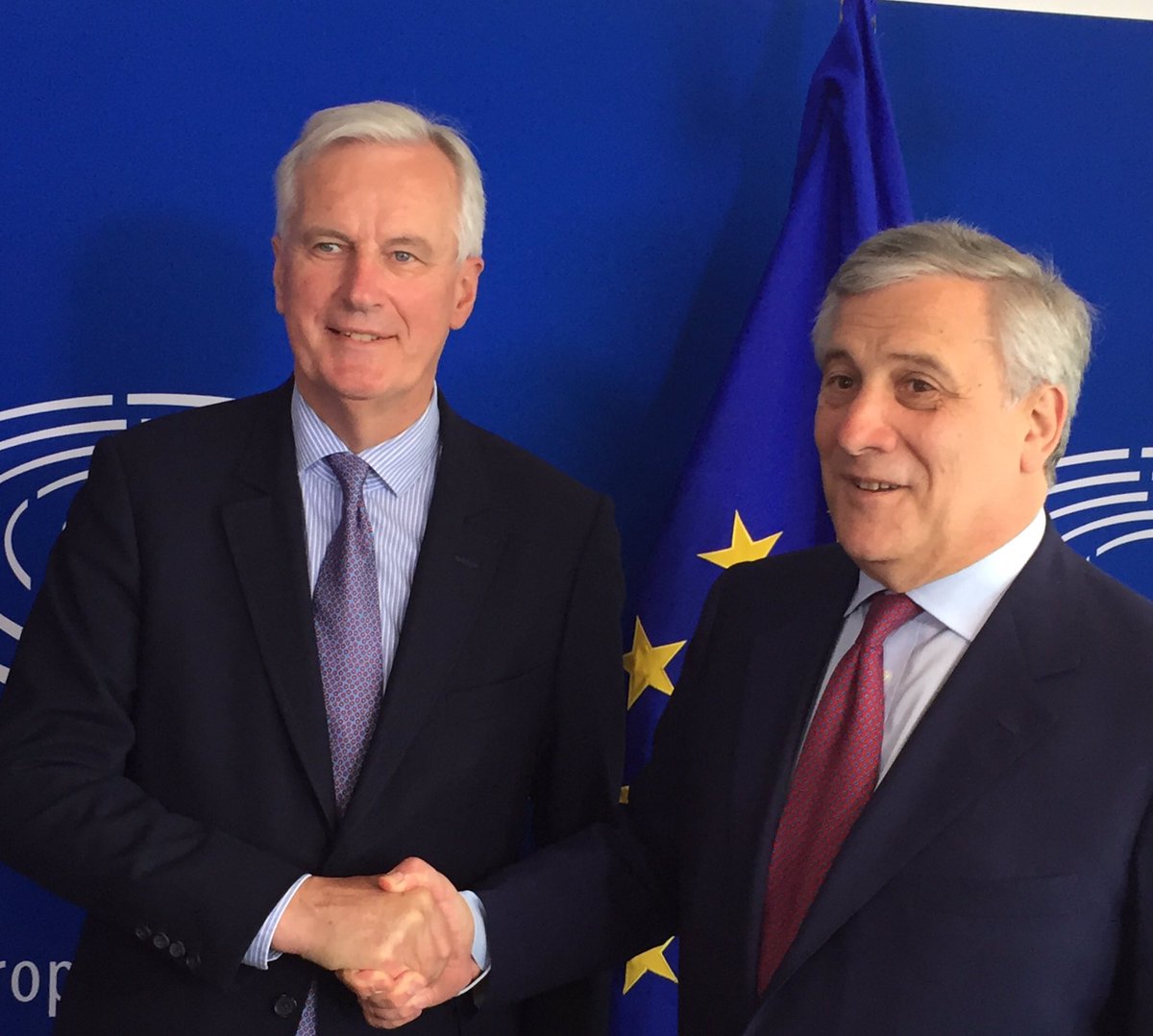A medical check for the pilots… of the European boat?

(BRUSSELS2) Shouldn't we introduce a minimum of medical information on the state of health of the main European leaders? The question, which might have seemed superfluous or theoretical a few years ago, arises today in a very concrete way.
Kiev trip officially canceled for medical reasons
The cancellation of the planned trip to Ukraine by Commission President Jean-Claude Juncker on March 30 went relatively (and deliberately) unnoticed. The only explanation given, by his spokesperson, on twitter: minor outpatient examinations for kidney stones ". Some might question this motive, especially since this visit to kyiv was presented as anything but routine. And this precedent challenges the functioning of Europe.
A minor reason for a major visit?
The visit to kyiv was, indeed, announced as major, and symbolic, in more ways than one. First of all, it was the first bilateral trip of the President of the Commission. Then, and above all, going to Kyiv, a country close to the European Union which has been embroiled in a conflict for nearly a year, had a significant political significance. This conflict places the European Union, for the first time in its history, in direct confrontation with Russia, from a political and economic point of view, whether through the association agreement signed with Ukraine ( agreement which Russia does not accept), by the Russian military intervention and by the significant economic sanctions imposed by the European Union. The stakes therefore did not seem small. And the reason put forward - "minor examinations" - lends itself all the more to questioning.
A diplomatic illness...
First explanation, the disease is diplomatic. Could the attitude of the Ukrainian government—increasingly warlike and still reluctant to grant broad autonomy to the eastern regions—justify this position? The fact that the High Representative, Federica Mogherini, who was to accompany the President of the Commission, and was retained in Lausanne by the negotiations on the Iranian nuclear, could be an explanation. But this delay for highly complicated negotiations was rather predictable. The visit was not postponed for a week, but simply to the EU-Ukraine summit scheduled for the end of April.
...or a more real disease
Second explanation, the disease is more important than mentioned. This is not the time to embark on a medical exegesis: if the exams are “minor” why not postpone the exams rather than the visit, the average person might wonder. However, the question of the health of the main European leader remains somewhat "taboo" in Brussels (as had been in France that of Pompidou or Mitterrand). Nobody dares to mention it openly even if the rumors run from the Schuman roundabout (the seat of the European Commission) to the Place du Luxembourg (the seat of the Parliament). Some mention a more complex and recurring problem, others postoperative consequences, etc. All notice a weakness of command at the helm of the boat "Europe". This poses a double problem: transparency and political functioning. However, Jean-Claude Juncker had not himself ruled out this hypothesis, as soon as he was appointed by presenting the first vice-president of the Commission, Frans Timmermans, in a half-joking, half-serious tone: “ He will be my right hand, he will be more than a collaborator, (he will be) my substitute whenever I could not be there physically, and mentally, at college meetings. In this case, however, Vice-President Timmermans did not replace President Juncker, the whole trip was cancelled.
Review the system
Whatever the hypothesis, one can generally ask whether the European system of governance should not be improved. Even if the responsibilities of a President of the European Commission are not the same as those of a Head of State or Government, from the point of view of the exercise of sovereignty, this role is not negligible. And the conditions of the appointment of the Juncker Commission - which are close to indirect universal suffrage - lend themselves all the more to the analogy. It would therefore not be abnormal for regular medical examinations to be published on a voluntary and regular basis, as some politicians do. This would also have the merit of silencing rumours, which are sometimes unhealthy. It would be just as much a question of the transparency of the European authority for the citizens.
(Nicolas Gros-Verheyde)



